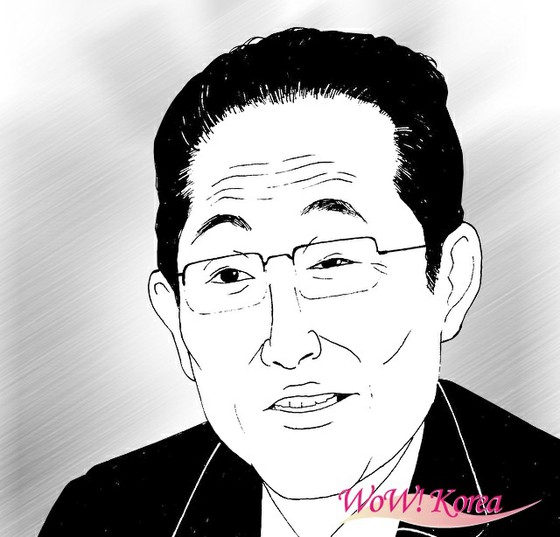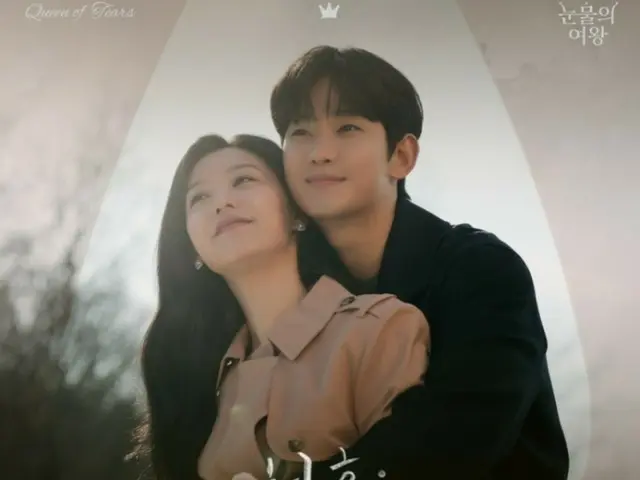 |
In his speech, Kishida spoke of South Korea, "Based on the foundation of friendly and cooperative relations that we have built since the normalization of diplomatic relations, it is necessary to return Japan-South Korea relations to a healthy relationship and further develop them, and we will communicate closely with the South Korean government." he said.
In his policy speech in December last year and his policy speech in January this year, Kishida said, "We strongly urge South Korea, an important neighboring country, to take appropriate measures based on our consistent stance." He stressed that South Korea should come up with solutions to pending issues between Japan and South Korea, such as the construction issue.
Regarding Kishida's policy speech, the Hankook Keizai Shimbun said, "In place of the existing expression demanding that the South Korean government take responsibility for resolving pending issues, he emphasized close communication with the South Korean government." they pointed out the difference from the content of his speech. Yonhap News also analyzed, "The statement also expresses the need for South Korea to maintain its status as an 'important neighboring country' while simultaneously addressing the diverse challenges faced by the international community."
On the 21st of last month (22nd Japan time), Kishida met with President Yoon Seo-gyeol in New York for about 30 minutes. It will be the first time in two years and nine months since the December 2019 talks between then-Prime Minister Shinzo Abe and South Korean President Moon Jae-in that the leaders of the two countries have spent a certain amount of time discussing the issue. The two leaders confirmed that Japan and the ROK are important neighboring countries that should cooperate with each other, and confirmed the importance of promoting trilateral cooperation with the United States in addition to the two countries. In addition, they agreed to further cooperate in responding to North Korea, and Mr. Yoon indicated his intention to support Japan's position on the abduction issue. Furthermore, bearing in mind the issue of former forced laborers, which is the biggest pending issue between Japan and South Korea, we will work to resolve pending issues between the two countries, share the need to restore a sound relationship, and develop future-oriented relations.
Yonhap News said that Kishida's policy speech was different from previous speeches, saying, "Dialogue between the two countries has become active, such as the 'summary meeting' between the leaders of South Korea and Japan in New York. It seems to be related to the current situation,"
"It is unclear whether Prime Minister Kishida hinted at the possibility of responding flexibly to pending issues between South Korea and Japan," he said. In this speech, Kishida's expression of "a friendly and cooperative relationship that has been built since the normalization of diplomatic relations" should be interpreted as referring to the Japan-Korea Claims Agreement signed together with the 1965 Japan-Korea Basic Treaty.
The Japan-Korea Claims Agreement is a treaty that was concluded to settle the claims and obligations of both Japan and South Korea. has been "completely and finally resolved". For this reason, the Japanese government has consistently taken the position that post-war compensation issues such as the issue of former forced laborers and comfort women have been "solved."
The Korean media is skeptical about Kishida's proactive approach to South Korea in the future. The Hankyoreh Shimbun has recently noticed that the Kishida Cabinet's approval rating has been steadily declining. Former Prime Minister Shinzo Abe's state funeral was held on the 27th of last month, which was one of the reasons for the decline in his approval rating. After citing Japanese media reports that he could fall into a trap, he analyzed, "If Prime Minister Kishida faces South Korea in this situation, his approval rating will inevitably decline further." Many supporters of the ruling Liberal Democratic Party are wary of facing South Korea forward. According to the newspaper, it is difficult to imagine creating a situation that could lead to opposition from supporters in a situation where the administration is in a state of flux.
2022/10/05 12:37 KST

![[Photo] Actor Kang Dong Won attends the production presentation for the movie "The Designer"](/img/topic/23/116381/248388_640W.webp)
